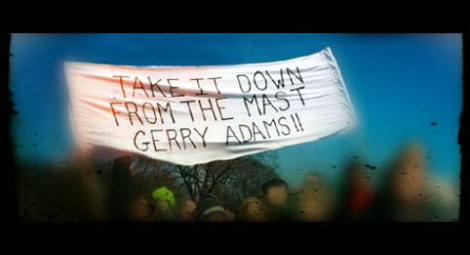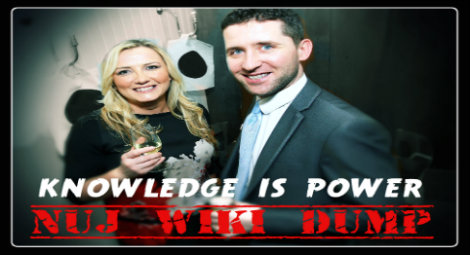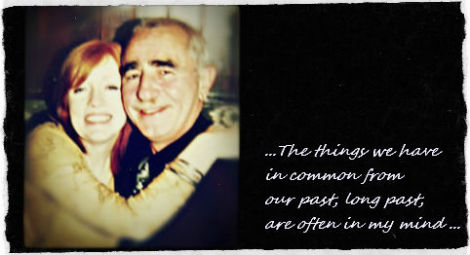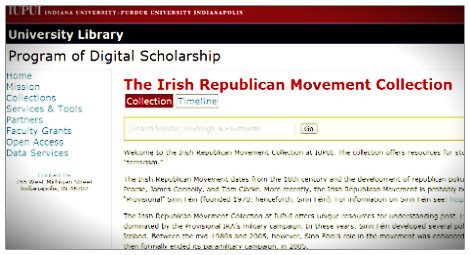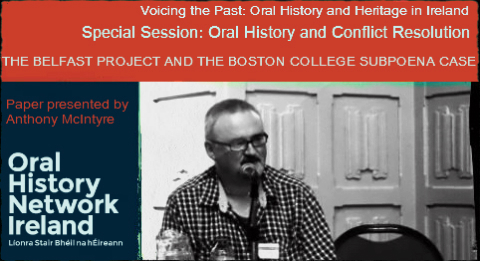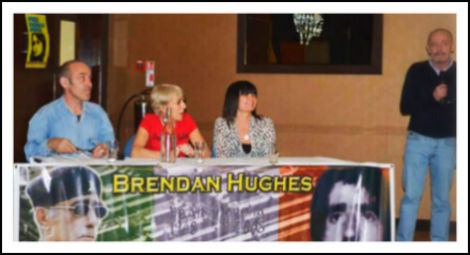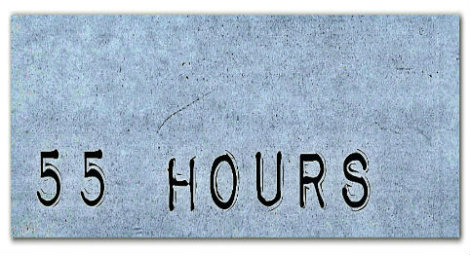Years ago, browsing through libraries and used book shops I would come across books by the father of Martin Amis. That I noticed them was solely down to the fact that for some bizarre reason my grandmother had named my father ‘James Kingsley’. When I made the mistake of disclosing this to Martin Livingstone during the blanket protest both he and his cell mate laughed for what seemed like days. When the mood took him and he wanted my attention for something a shout of ‘Kingsley’ would ring out. That memory would always visit me whenever I came across a Kingsley Amis book. Warm as it was, however, it was never enough to tempt me to leaf through its pages.
In the second hand copy of the son’s work now in my possession it was not difficult to get a feel for the father. Not that what was felt had much endearing to it. Martin Amis would not see it that way and ‘KA’ looms warmly large throughout his Experience. A somewhat flip-flop but entertaining account of the life of the son, at times expressed through boarding school correspondence, the best lines in Experience come from other writers. The pick of the bunch by far came from Kingsley rather than Martin. Citing from his father’s book The Anti-Death League, Amis the younger presents to the reader a poem written to a severely disabled boy where the narrator is God. Good old god mercilessly tormented the limbless boy over his physical state, at one point telling him:
This is just to show you whose boss around here
It’ll keep you on your toes, so to speak
... But just a word in your ear if you’ve got one
Mind you DO take this is in the right spirit
And keep a civil tongue in your head about me
Because if you DON’T ....
Worth reproducing in full at some point, it continues in similar vein capturing the debilitating essence of belief in a caring, benevolent god. Martin thought it was one of KA’s best poems. Not having read others I can only feel that judged on its own standards the poem is a brilliant piece of sceptical prose capturing the absurdity of worshipping a dictatorial monster. Moreover, when Martin Amis writes of the death of his cousin Lucy Partington at the hands of serial killer Fred West, his comment ‘this is where we really go when we die: into the hearts of those who remember us’ was a secular reassertion of his father’s own humanist stance against superstition.
Amis was deeply disturbed by the death of this cousin. Having vanished in December 19732, she had been missing for years before her family discovered her ultimate fate. The sense of loss amplified by the infliction of unnecessary pain through the act of disappearing a murder victim is something a small number of families in Ireland understand only too well. The anguish of Amis comes through when he contrasts the writing of Lucy Partington with a letter penned by West from his prison cell. The killer’s semi-literate status is presented as evidence of the brutal essence of his character whereas his victim’s intelligent and reflective creativity shows her as a gentle spirit. In the specific circumstances of the two characters the contrast is not in dispute but to equate a low level of education with brutalism, and erudition with sensitivity and compassion is hard to sustain in a more general sense. Although it does seem that, rather than mere snobbery being responsible for Amis’s framing, it was more a deep frustration- driven animus toward West for his crimes. This is most pronounced in the conflicting emotions he expresses when contrasting suicide in general and West’s own act of ‘felo de se’.
Suicide is omnicide. But it is not in me to pass any judgement on it. It escapes morality. Throughout history suicide has been arduously detaching itself from human censure; the curses and penalties; the rock-heaped graves in unsanctified ground, the defiled cadavers. Why drive a stake through their hearts when, as Joyce knew, their hearts have been broke already?
Nothing so detached toward West who ‘crept towards, death, he cringed out of existence.’
While by no means a morbid work a recurring theme in Experience is death, the end of existence, whether reached by cringing means or not. It seems to weigh heavily in the author's mind. How his father and Philip Larkin, the poet, approached it, what Socrates and Saul Bellow had to say on it all focussed his mind. And yet there is nothing other than Larkin’s last words to the nurse holding his hand as he left for the final time. ‘I am going to the inevitable.’ What else is left to embrace us but its infinite and endless nothingness?
On a lighter note Martin Amis was plagued by problems with his teeth. He even writes of having toothache on the days his children were born. Eventually he had major dental surgery and quoted a 1943 letter from Vladimir Nabokov in which the letter writer described a return from the dentist: ‘my tongue feels like someone coming home and finding his furniture gone.’ Anybody with the Experience of a dental chair knows the feeling.
Experience by Martin Amis. Jonathan Cape: 2000















